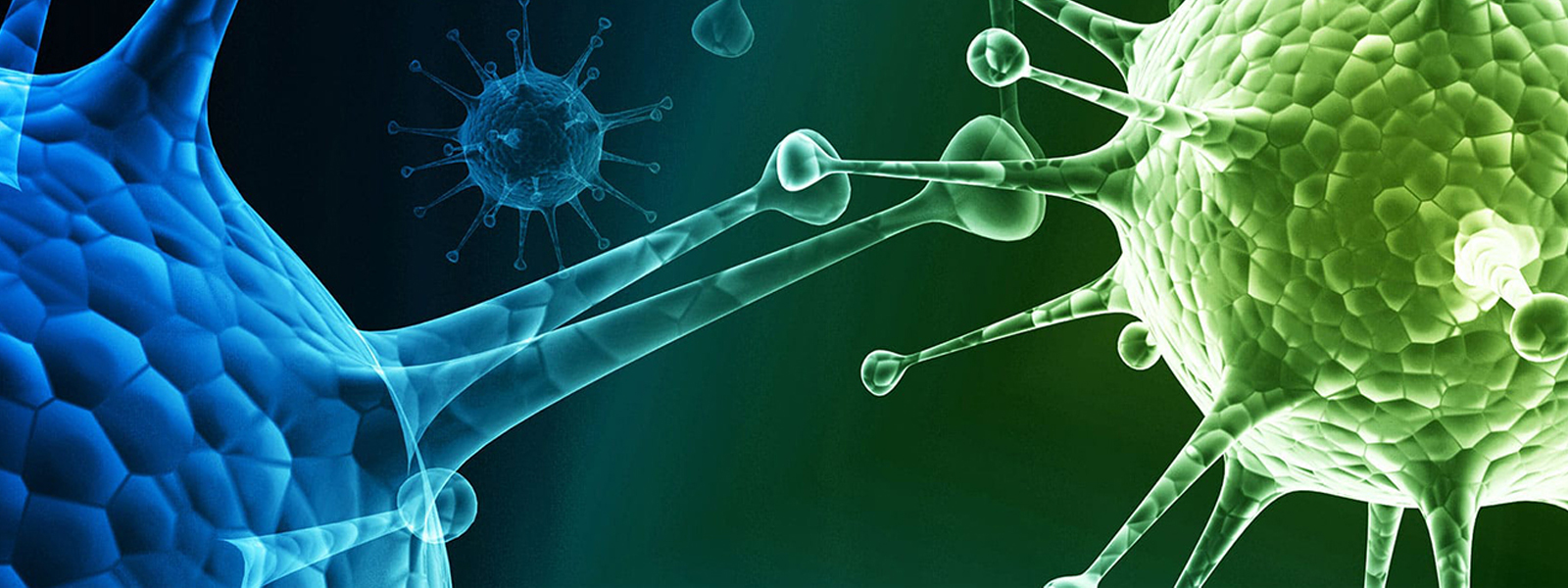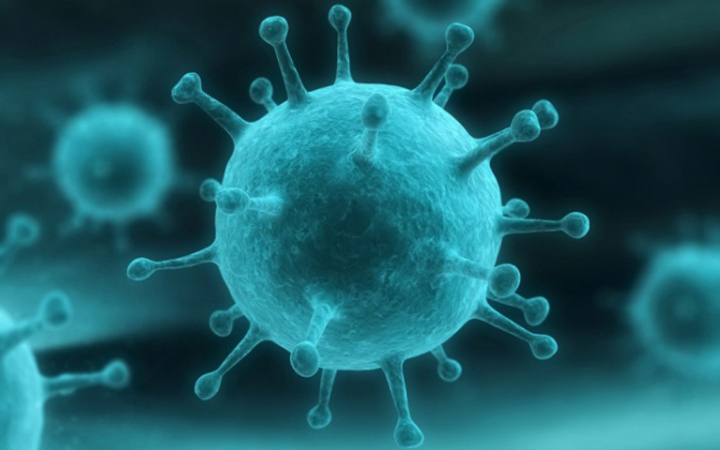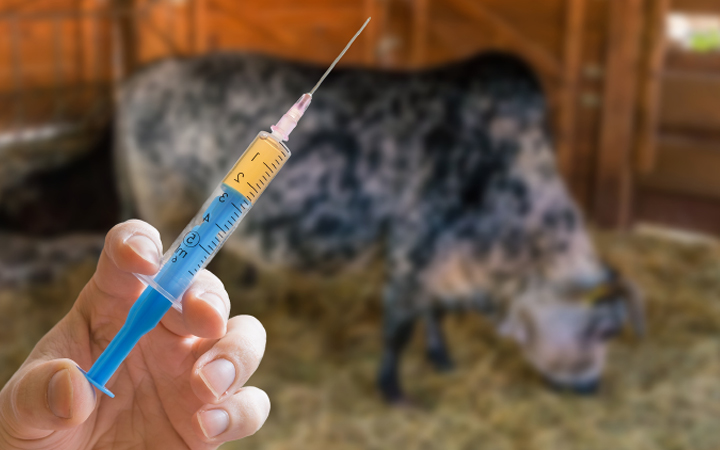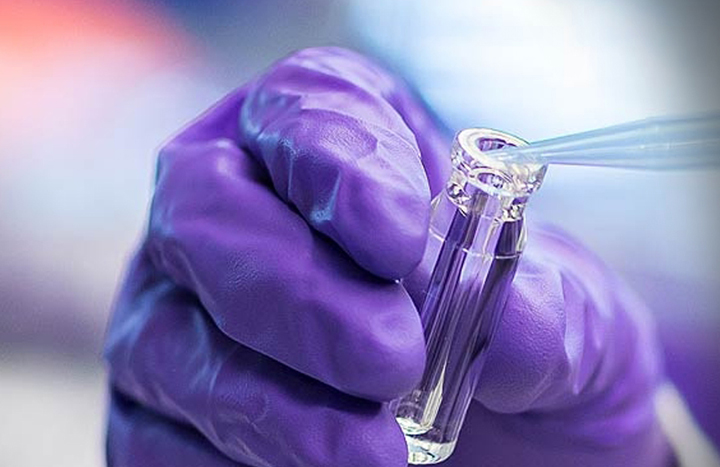
Antimicrobial Resistance
A global problem calls for global action. Our commitment to fighting drug resistance has only grown stronger over the years.


What is AMR?
Antimicrobial Resistance (AMR) is the ability of microorganisms like bacteria (causes pneumonia), viruses (HIV), and some parasites (Malaria) to stop antimicrobials such as antibiotics, antivirals and antimalarial respectively from working against it.
More
How big is the problem?
VERY BIG! In fact, the global problem of AMR has attracted the attention of multiple international agencies such as the UN and the WHO to name a few. A recent report suggests that if resistance is left unchecked, by 2050 over 10 million people will die every year from AMR alone.
More

"A continued rise in resistance by 2050 would lead to 10 million people dying every year and a reduction of 2% to 3.5% in Gross Domestic Product (GDP). It would cost the world up to 100 trillion USD."
-THE REVIEW ON ANTIMICROBIAL RESISTANCE


Ways of acquiring Resistance
Bacteria and other pathogens continuously evolve to resist the mechanisms used by antibiotics to combat them. The most common way of resistance is when bacteria makes its cell wall impermeable, making the drug ineffective as it cannot reach the target.
More
Reasons for Resistance
Frivolity in the use of antibiotics, including that in humans, agriculture and veterinary use, is the major reason for the spread of resistance. Other reasons include lack of adequate infection control in hospital settings, lack of surveillance mechanisms to track the resistance.
More
"Without urgent action, we are heading for a post-antibiotic era, in which common infections and minor injuries can once again kill."
-WORLD HEALTH ORGANIZATION


Research Pipeline
We are fuelling our research pipeline with innovative solutions to solve some of the world's most important and toughest healthcare challenges in the areas of Antimicrobial Resistance.
More